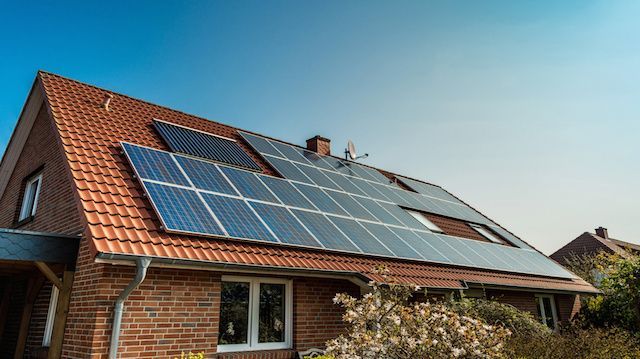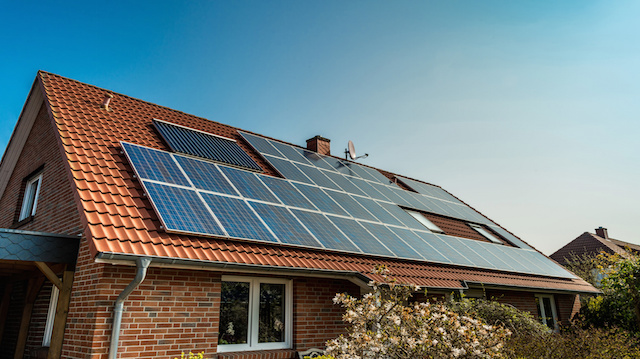
Living “off the grid” is an alternative lifestyle that most of us are not used to. Still, there are those who feel called to live differently — to create a life that’s less noisy and more self-sufficient. Being truly off the grid typically means you’re not dependent on municipal utilities. It can also mean you produce a portion of your own food. If this appeals to you, here are some of the advantages of this way of life.
Increased financial freedom
When you’re not constantly shelling out money for bills, you’ve got more money left over for savings, and to spend on activities that will improve your quality of life. With reduced expenses comes more wiggle room in your budget. It can also make it easier to pay back student loans and other debt.
Greater career flexibility
When your expenses are lower and you need less money to maintain your lifestyle, you have more freedom to say yes to jobs you truly enjoy and career paths that are genuinely fulfilling. You’re not as obligated to take a higher-paying job simply because it will pay the bills.
You can be your own boss
While this isn’t always the case, for some going off the grid can mean the kind of financial flexibility that makes it easier to start a small business and work from home. Who hasn’t dreamed of escaping the daily commute and having a flexible schedule?
More time with your family
Going off the grid can help you create a lifestyle where you have more time to spend with your family. Working from home, or having a lower-paying job that takes up less of your time, gives you more flexibility. And as the saying goes, when you’re on your deathbed, you’re not likely to wish you’d spent more time at the office.
You’ll know where your food comes from
 If you include gardening and/or raising livestock as part of your efforts to go off the grid, you’ll most likely be eating higher quality food. Even if you supplement with food from the grocery store, producing a significant portion of your own food will be highly beneficial. Furthermore, if you can preserve your summer fruits and veggies, you can lower your carbon footprint because you won’t need to buy as much imported produce, such as tomatoes, in the middle of winter.
If you include gardening and/or raising livestock as part of your efforts to go off the grid, you’ll most likely be eating higher quality food. Even if you supplement with food from the grocery store, producing a significant portion of your own food will be highly beneficial. Furthermore, if you can preserve your summer fruits and veggies, you can lower your carbon footprint because you won’t need to buy as much imported produce, such as tomatoes, in the middle of winter.
More time in nature
Going off the grid is most commonly achieved in rural settings. This often means plenty of trees and fields right at your doorstep — which makes it easier to stop and smell the roses.
Less stress
The fast pace of city life can certainly be exciting — and some people are better suited for this way of living. However, it is easy to get overwhelmed by a frenetic modern lifestyle, to the point where we’re rarely able to slow down and be in the moment. Going off the grid allows for a slower, less hectic pace of life, which can lead to reduced stress levels.
Fewer power outages
If you’re getting energy from solar panels or wind turbines, rather than the municipal power grid, you’re less likely to experience outages when the weather gets rough.
Less dependence on fossil fuels
Planting a garden is not the only way that going off the grid lowers your carbon footprint. Using green, renewable energy results in a significantly smaller carbon footprint.
—The Alternative Daily
Sources:
http://www.trueactivist.com/15-tips-for-going-off-grid-do-what-you-love-stop-being-a-debt-slave/
http://www.offthegridnews.com/misc/6-unexpected-advantages-of-an-off-the-grid-simplified-life/
http://greenlivingideas.com/2011/11/12/the-benefits-of-living-off-the-grid/

